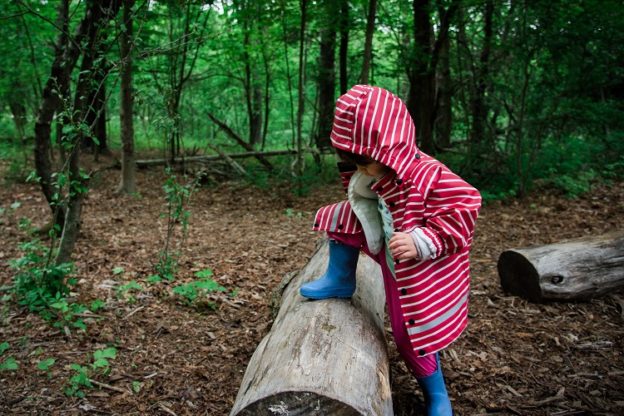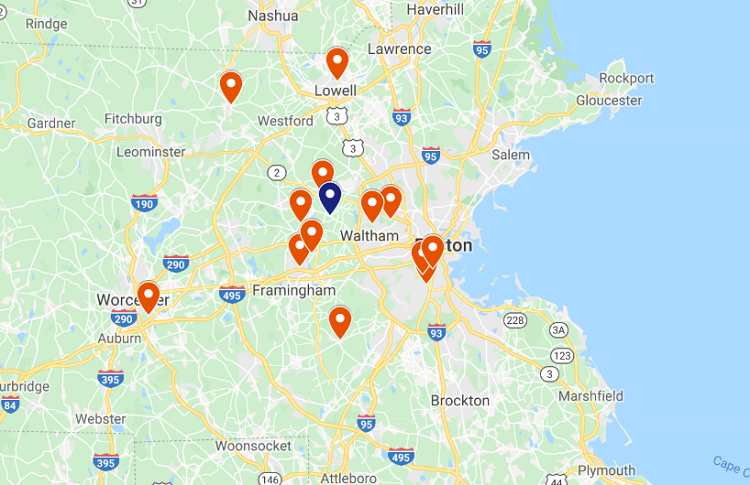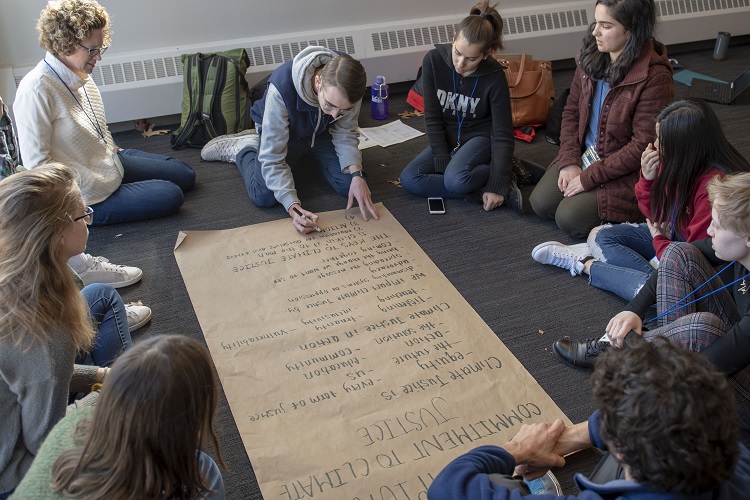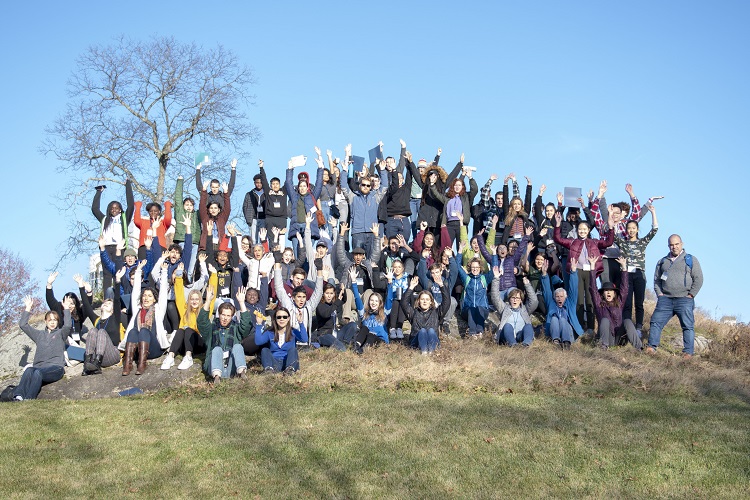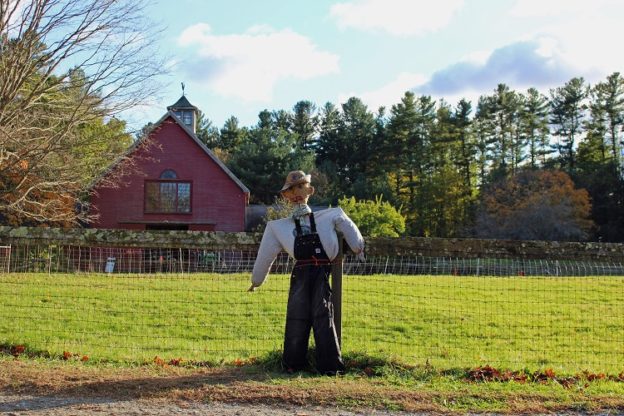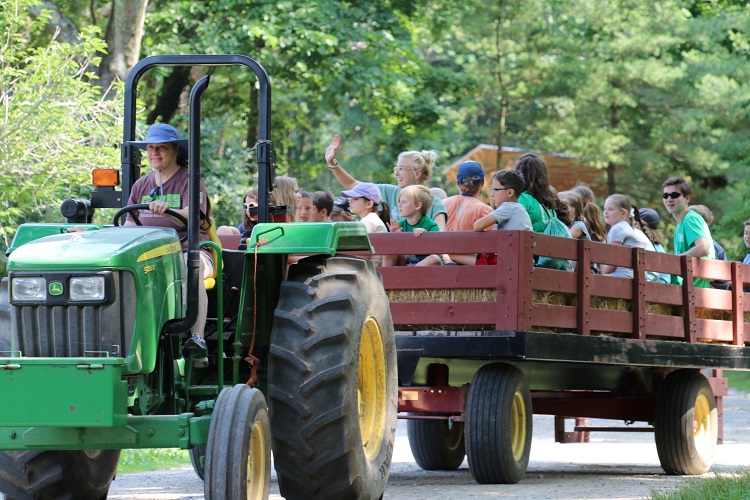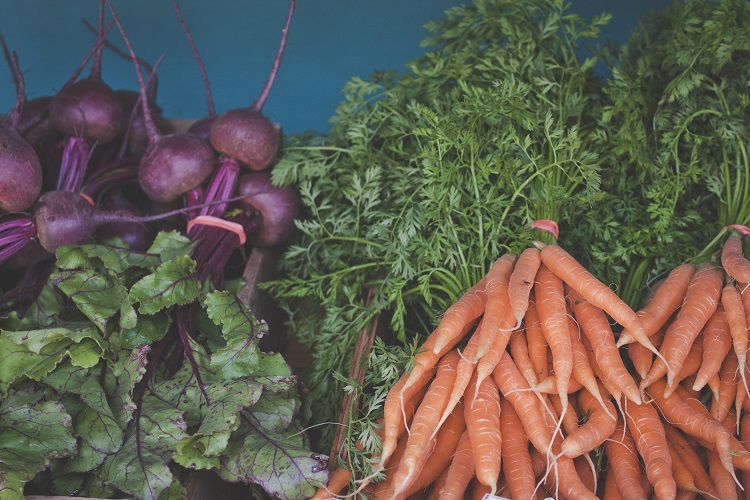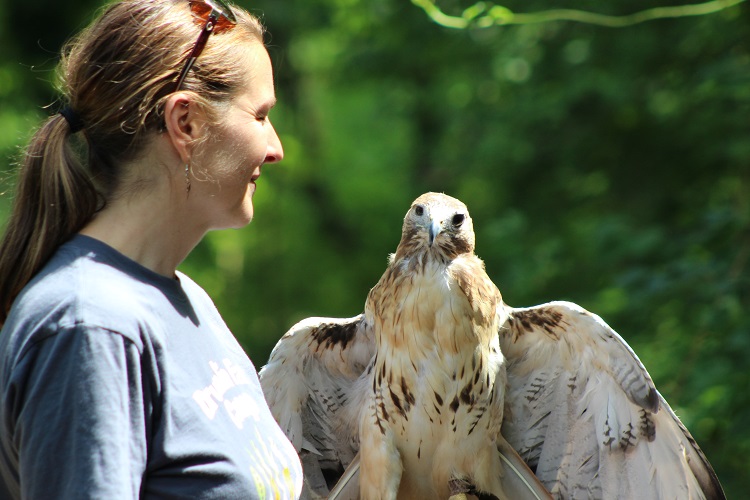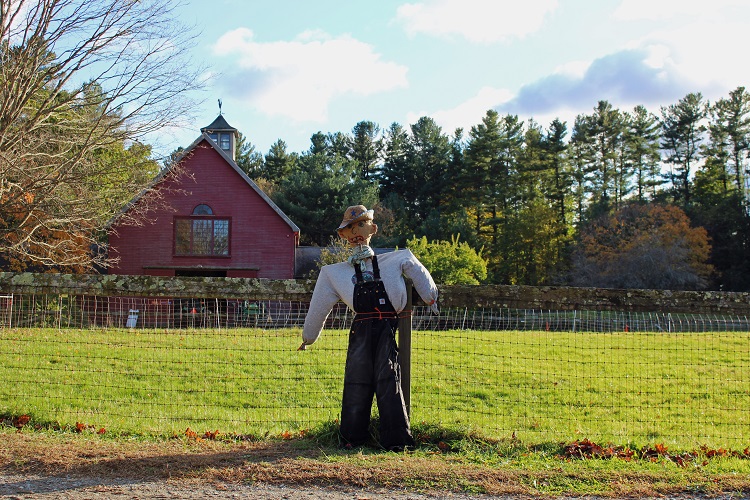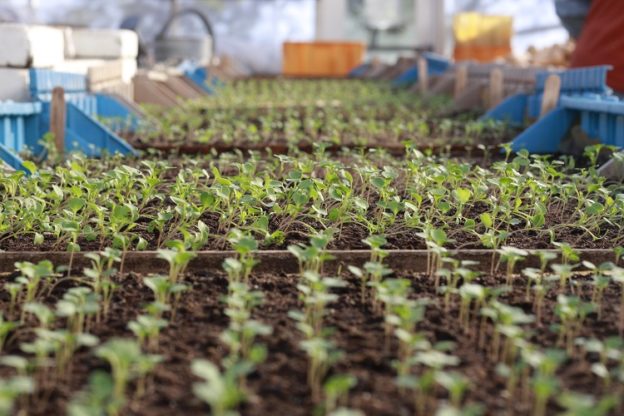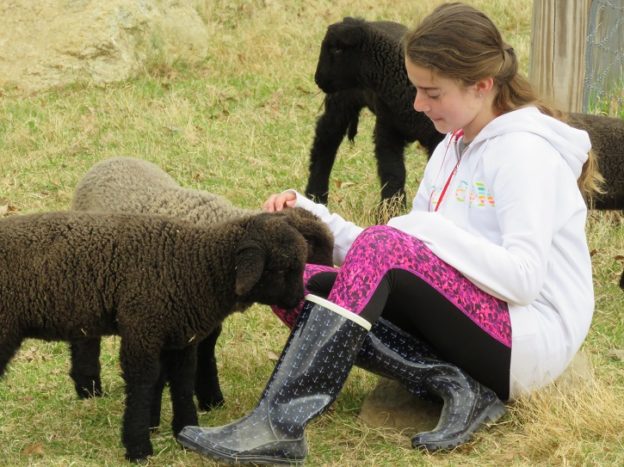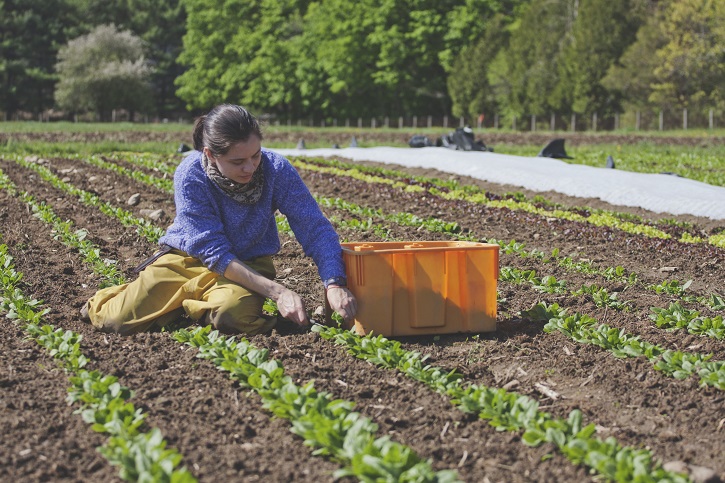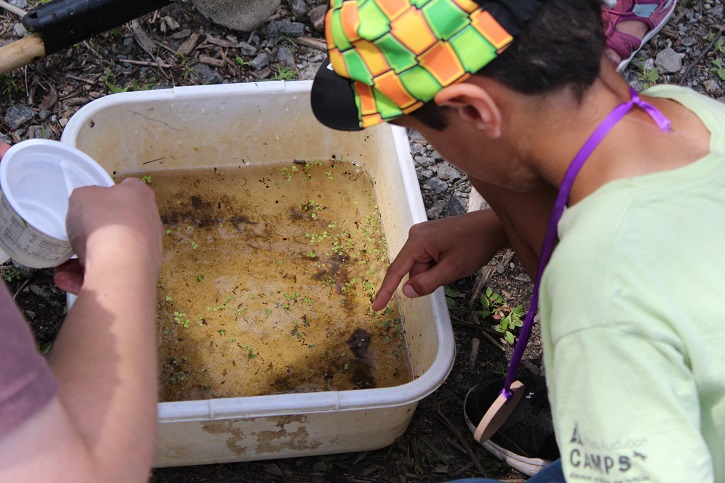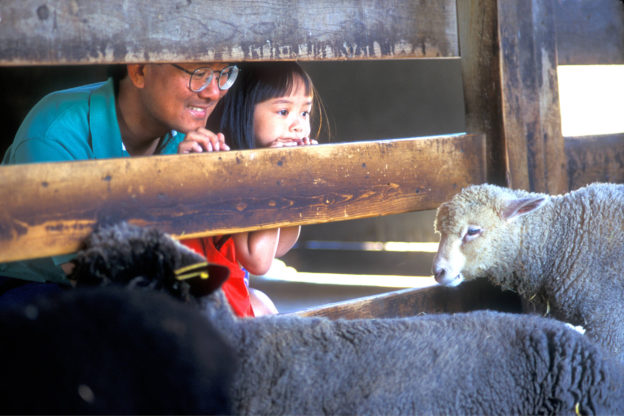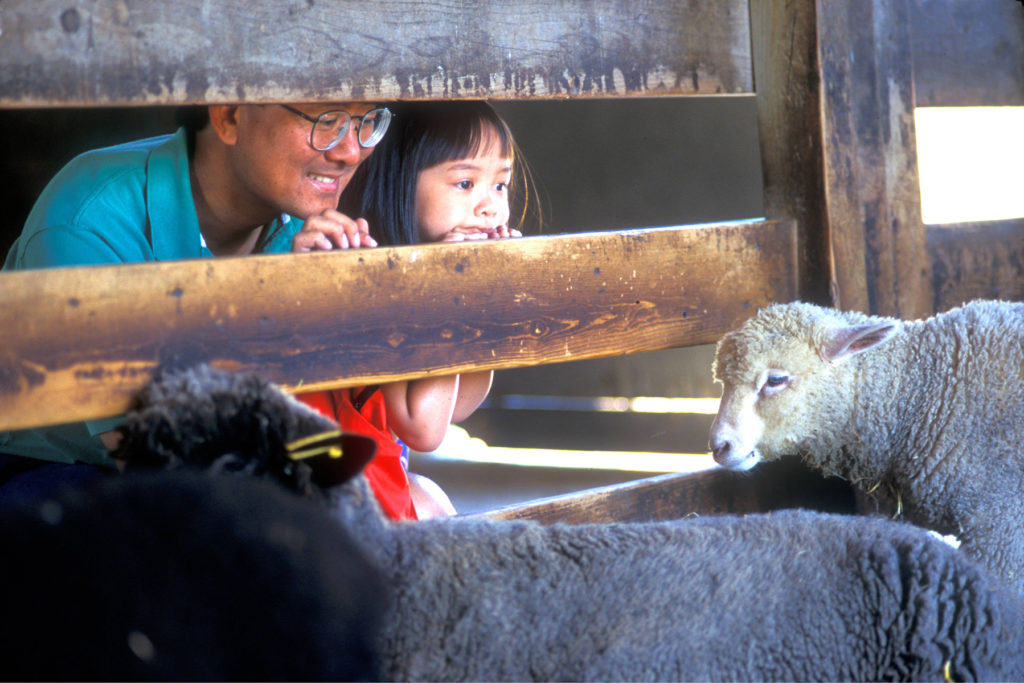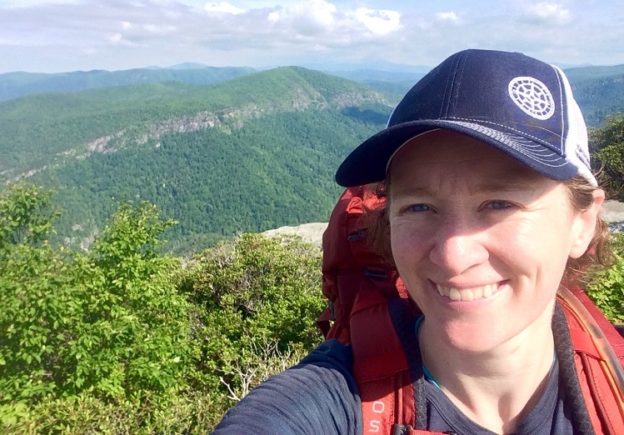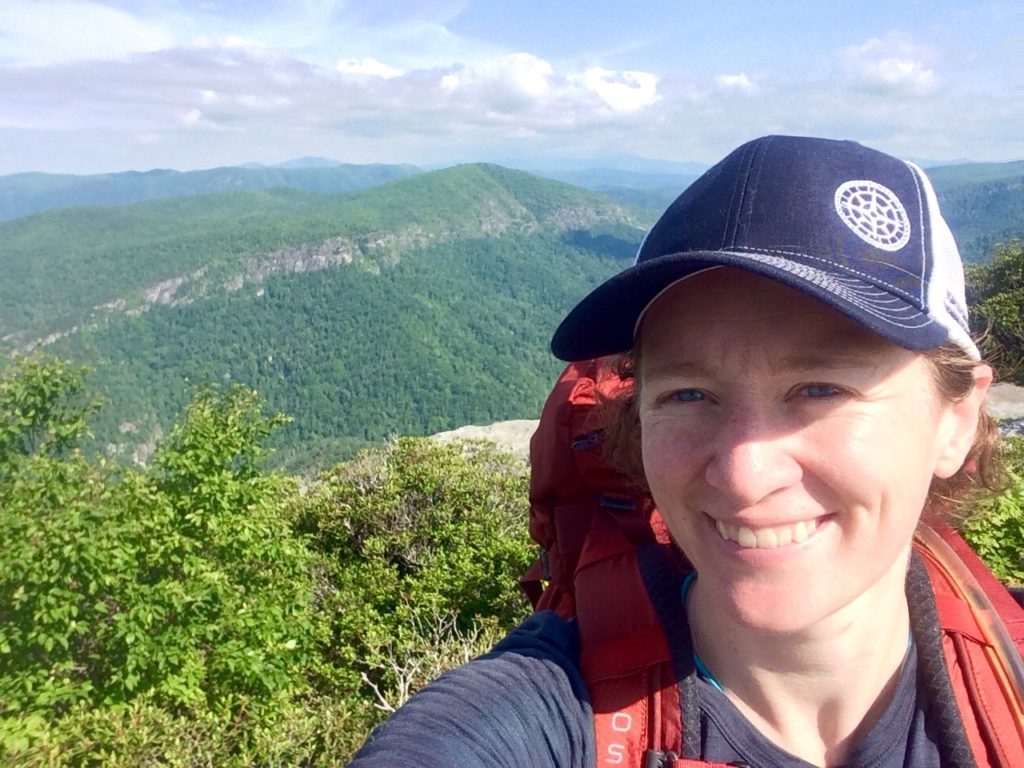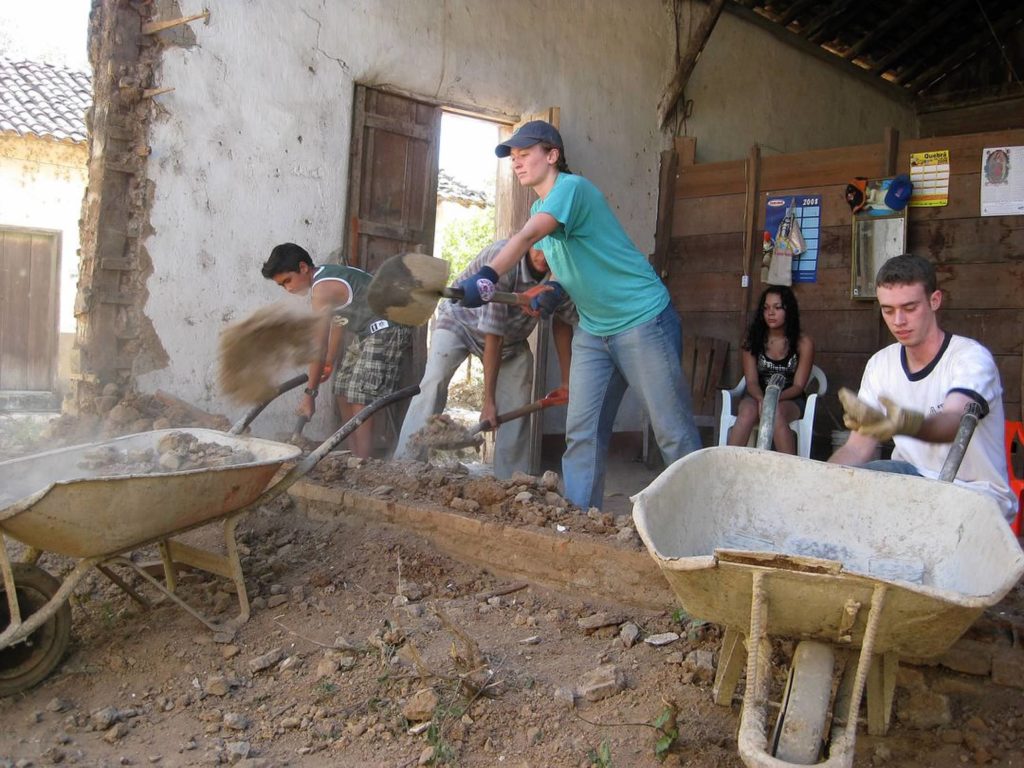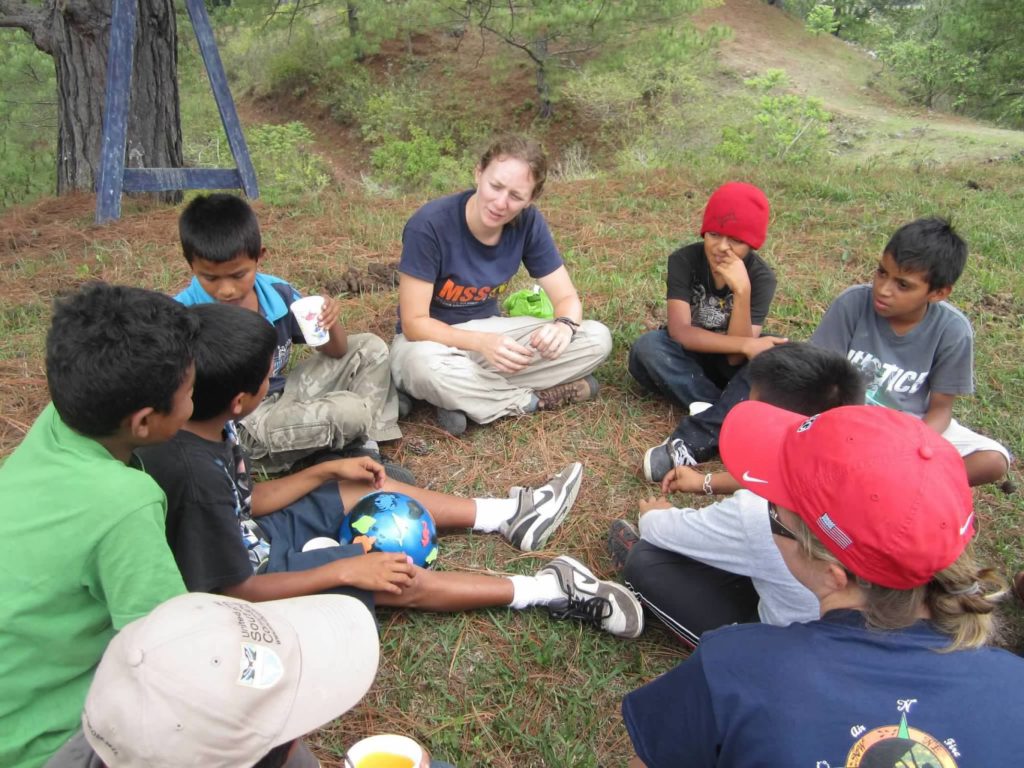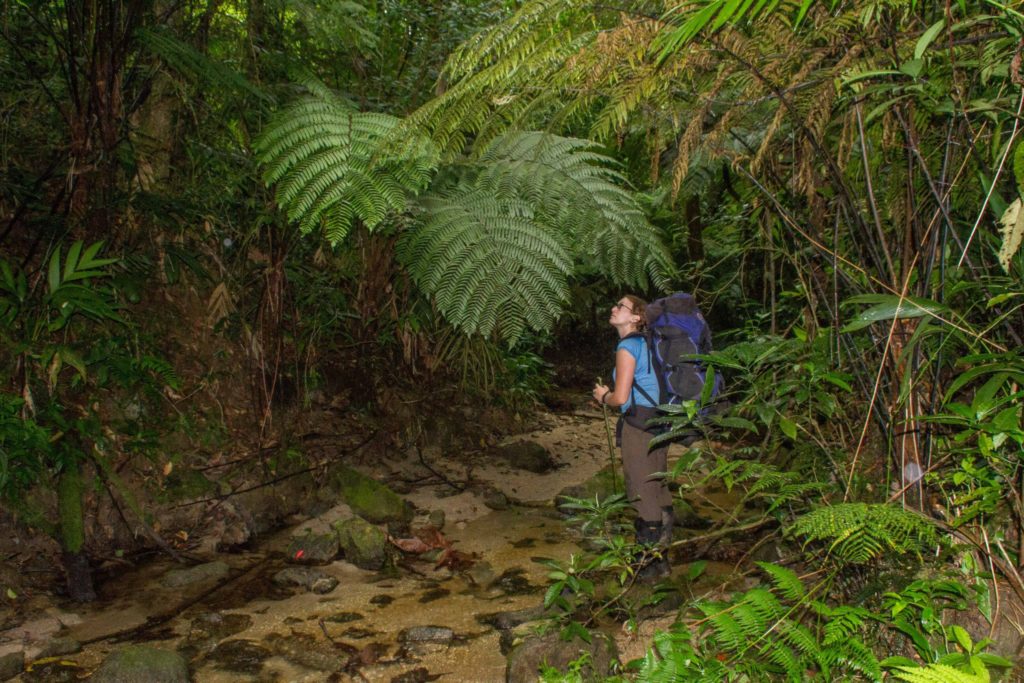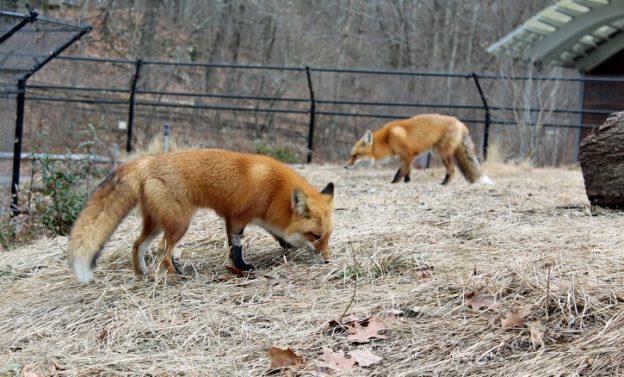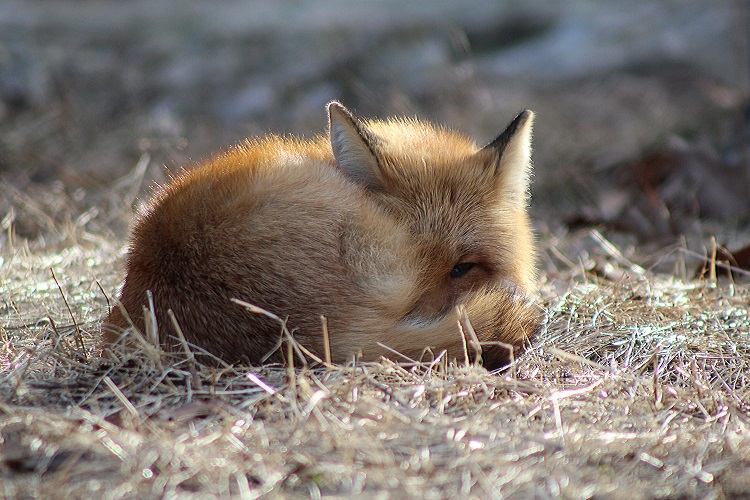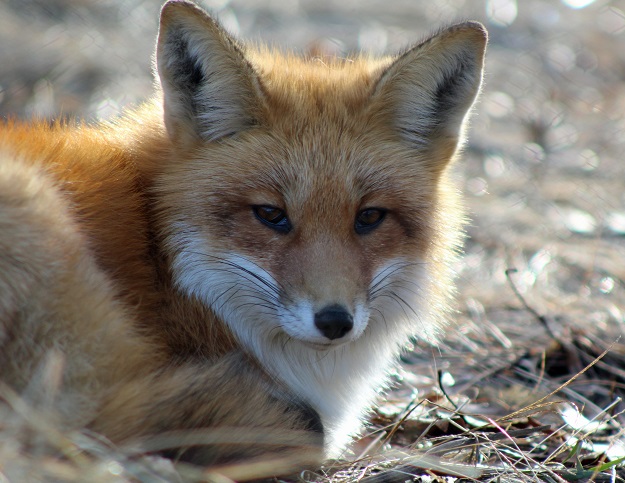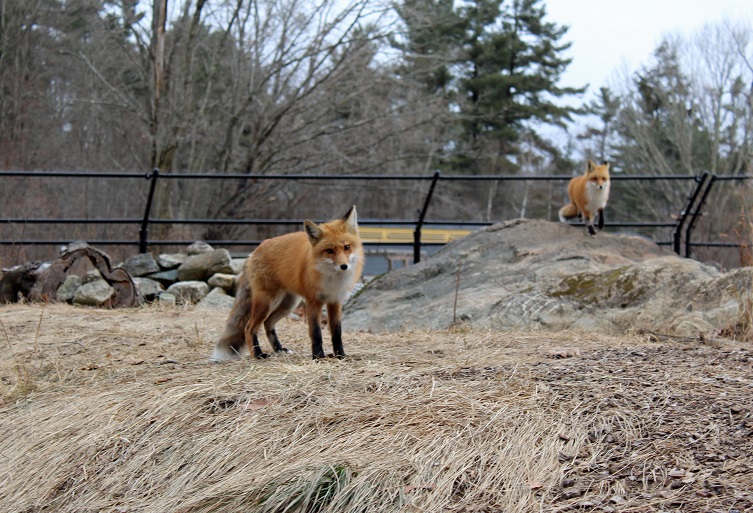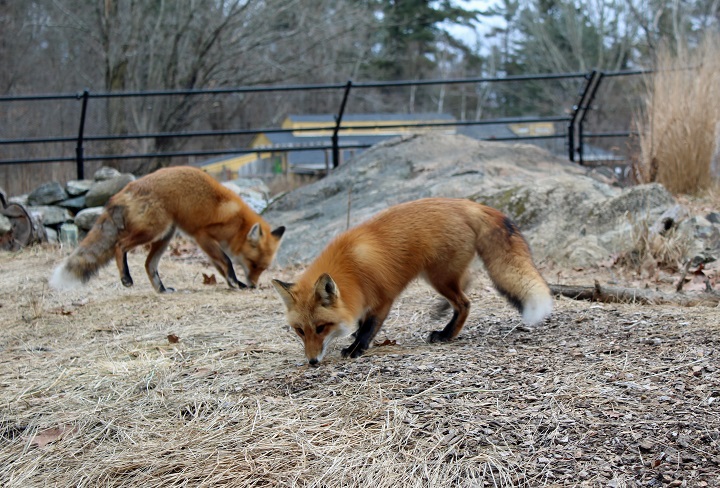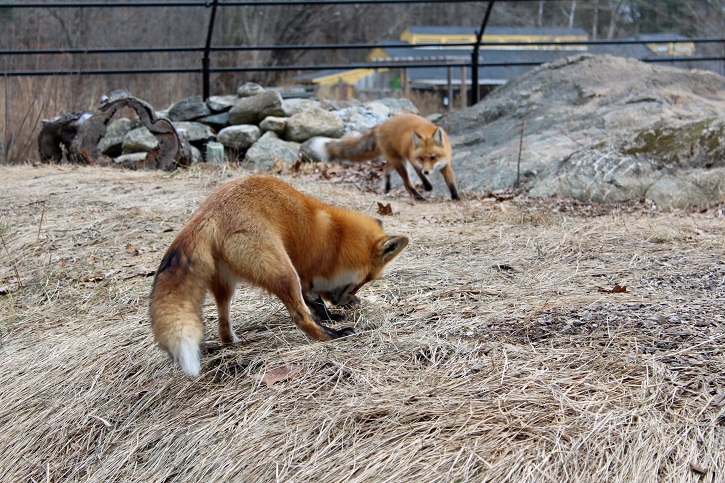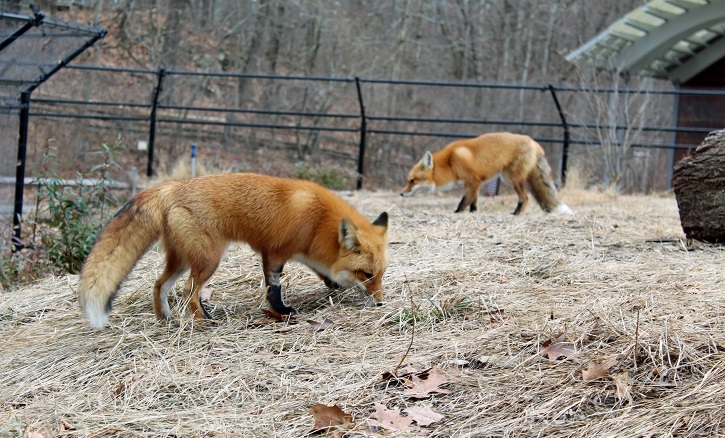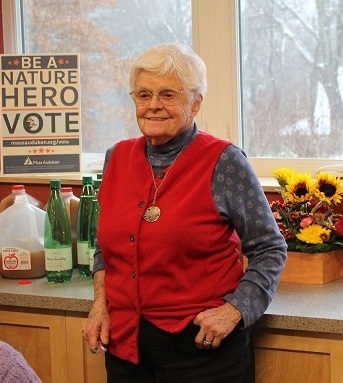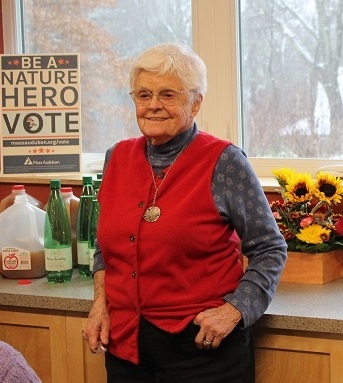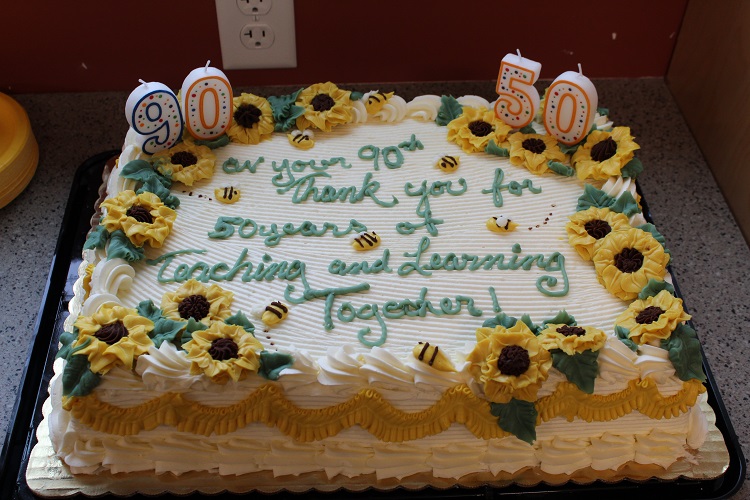The COVID-19 pandemic has changed many things in our daily lives. For young children, this change in routine can be unsettling and confusing, but creating some predictable structure in the day can provide a sense of safety and security for the whole family. As we all adjust to balancing the many aspects of our world from home, our Drumlin Farm Community Preschool Team would like to share a variety of fun learning activities that you can do with your child(ren) and family which you may find helpful and inspiring. Engage with nature where you can, create some art for your community, design experiments, or find a new recipe to cook together–there’s something for everyone!
Wishing you and your family wellness and health,
Jill Canelli
Drumlin Farm Community Preschool Director
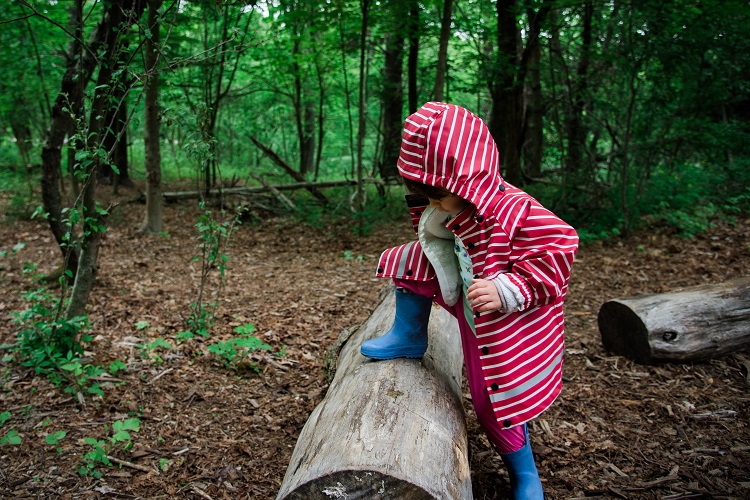
Be a Nature Hero
- Conduct a bird count of what you can see/hear in your neighborhood. How many of each kind of bird do you observe? Can you find one new bird each day? Learn how to identify common birds in Massachusetts at this time of year.
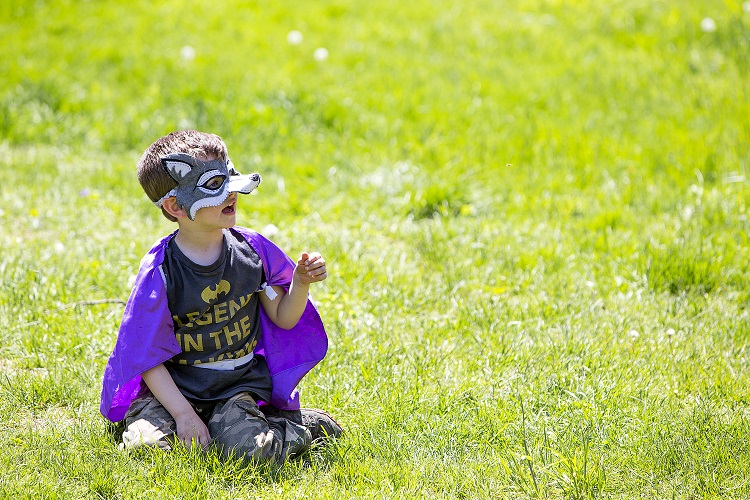
Think Critically & Get Active
- First brainstorm a list of sounds (ex: bird songs, wind, water, insect songs, frogs, dogs barking, cars, planes, people’s voices, etc.). Then, listen closely and see how many you can check off and hear on a walk or just outside your door!
- 3 Changes Game: closely observe your partner, before they leave the room and change three things about their appearance (might be putting their hair up, untieing a shoe, or taking off a sweater). When the partner comes back, try to guess what is different.
- Mapmaking: make a map of your room, house, or garden. Try to make it as accurate as possible. To take it a step further, hide a treasure somewhere and try to find it with the map!
- Plan, prepare and cook a meal with your child. Whether your child helps you make that first cup of coffee or you pick a recipe to make together there is so much fun and learning in these everyday activities. Measure ingredients, practice cutting skills, discuss the farm-to-table journey, and enjoy something delicious you made together!
- Give children the opportunity to help with jobs around the house, a great way to use fine and gross motor skills, and also contribute to meaningful work in the family: sweeping, dusting, folding laundry, and loading the dishwasher, or any outdoor tasks such as raking, collecting sticks or trash in the yard, or weeding also are also great ways to use their muscles. Try making a game out of the task or listen to music while working to keep them engaged!
- Obstacle Courses: create them inside or in your backyard using cones/yogurt containers for zig-zagging, boxes for climbing through or over, buckets for filling with water, hard-boiled eggs with spoons for balancing, chalk for paths on the driveway–you name it! Use your imagination to create different challenges.
- Create stacked rock cairns in your yard or garden. Gather a variety of rocks, and stack them in a pile, using a larger, flat stone for the base. Experiment with different shapes and stones and see how high you can stack them.

Get Creative
- Make cards, write notes, and draw pictures to mail to friends and family or safely drop them by your neighbors’ house. Now is a great time to start communicating with a pen pal!
- Bring sketch pads or clipboards with watercolor/crayons/colored pencils outside for nature drawing. Flowers, bugs, bird feeders, and trees all make great inspiration!
- Flower Printing/Dying: press flowers and plants between books to flatten and preserve them–they can be used in papermaking or bookmarks!
- Book Writing: put together your own short story! To make it more fun, pose the story around a question about nature, such as “Why do skunks smell?” Or “why do bears have a short tail?”
- Paint rocks to make a rock garden.
- Make shadow puppets: cut shapes/animals out of black paper and tape them to popsicle sticks or chopsticks. They can be used outside by hanging a sheet or on the ground, or inside with a desk lamp onto a wall.

Practice Sciences
- Salt Dough: 2 parts flour, 1 part salt, and 1 part water. Add food coloring to color and create different characters by rolling out and cutting with cookie cutters. To harden and paint, cook at 250 degrees until hard (about 2 hours).
- Plant Olympics: beans of any variety work well for this, but for more fun, get different types and try different kinds of races. Everyone in the family can plant some seeds in dixie cups, cardboard egg cartons, peat pots, or make your own pots out of newspaper. Your Olympic events could include the earliest sprouter, tallest plant, biggest leaves, first to bloom, most productive (how much fruit/flower/veg does it produce?), and more. Don’t forget to make a chart to keep track of the results/winners. You can even make winning metals (cut out of cereal boxes or other thin cardboard and decorate)!
- Design Experiments & Collect Data: next time your child has an unanswerable question, prompt them to collect, record, and interpret data. Which toy truck is the fastest? Which room in the house is the biggest? Will this orange sink or float? The only limit is your imagination!


